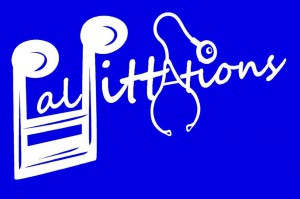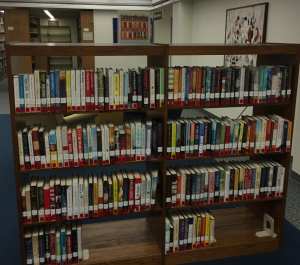 Systematic reviews use rigorous and transparent methods to synthesize the findings of research studies and are an increasingly popular study methodology. But is a systematic review always the best way to summarize literature? The answer to that question is “it depends.” Specifically, it depends upon the purpose of your review.
Systematic reviews use rigorous and transparent methods to synthesize the findings of research studies and are an increasingly popular study methodology. But is a systematic review always the best way to summarize literature? The answer to that question is “it depends.” Specifically, it depends upon the purpose of your review.
Do you want to answer a specific (clinical or non-clinical) question, using explicit and reproducible methods to search for, select, critically appraise, and synthesize research literature? Then a systematic review (with or without use of meta-analysis) fits the bill.
Are you interested in reviewing a topic on which there are already numerous systematic reviews? An umbrella review (or overview of reviews) compares and contrasts the findings of existing systematic reviews. Like a systematic review of primary literature, an umbrella review uses transparent and pre-specified methods to locate literature and to assess the quality and strength of included reviews.
Would you like to provide an overview of key concepts within a research area, or describe the range of evidence that is available about a topic? Then a scoping review may be a good option. Scoping reviews “map” existing evidence and can be used to identify gaps in the literature. Like systematic reviews and umbrella reviews, scoping reviews require use of rigorous methods, including comprehensive literature searches.
If you want to provide a scholarly overview of a broad area of research, a traditional narrative review may be the best approach. Narrative reviews are typically less structured and methodical than other review types, but are still useful for exploring issues within a body of evidence, or for demonstrating your grasp of key concepts, theories, and problems within a field of study (a common requirement for the background section of a thesis or dissertation).
Still not sure which review type may be best for you? For more information, consult the HSLS Systematic Review Program guide, or send an e-mail to Ask a Librarian.
~Mary Lou Klem

 Get into the spirit of the season by joining us for a holiday concert performed by the PalPITTations on Thursday, December 14, at 12:30 p.m., on the upper floor of Falk Library. The PalPITTations are the a capella vocal group of health sciences students from the University of Pittsburgh. Light refreshments will be served. All are welcome for this free concert.
Get into the spirit of the season by joining us for a holiday concert performed by the PalPITTations on Thursday, December 14, at 12:30 p.m., on the upper floor of Falk Library. The PalPITTations are the a capella vocal group of health sciences students from the University of Pittsburgh. Light refreshments will be served. All are welcome for this free concert. Group Study Rooms are a popular study space during finals. You can guarantee a spot for your group by booking up to five days in advance
Group Study Rooms are a popular study space during finals. You can guarantee a spot for your group by booking up to five days in advance  What is ORCID?
What is ORCID?  Over winter break, pour yourself a cup of tea and curl up with a good book from the HSLS Leisure Reading Collection of newly-published fiction and nonfiction. The Leisure Reading Collection is located on the left as you enter the main floor of Falk Library next to the comfortable seating area.
Over winter break, pour yourself a cup of tea and curl up with a good book from the HSLS Leisure Reading Collection of newly-published fiction and nonfiction. The Leisure Reading Collection is located on the left as you enter the main floor of Falk Library next to the comfortable seating area.